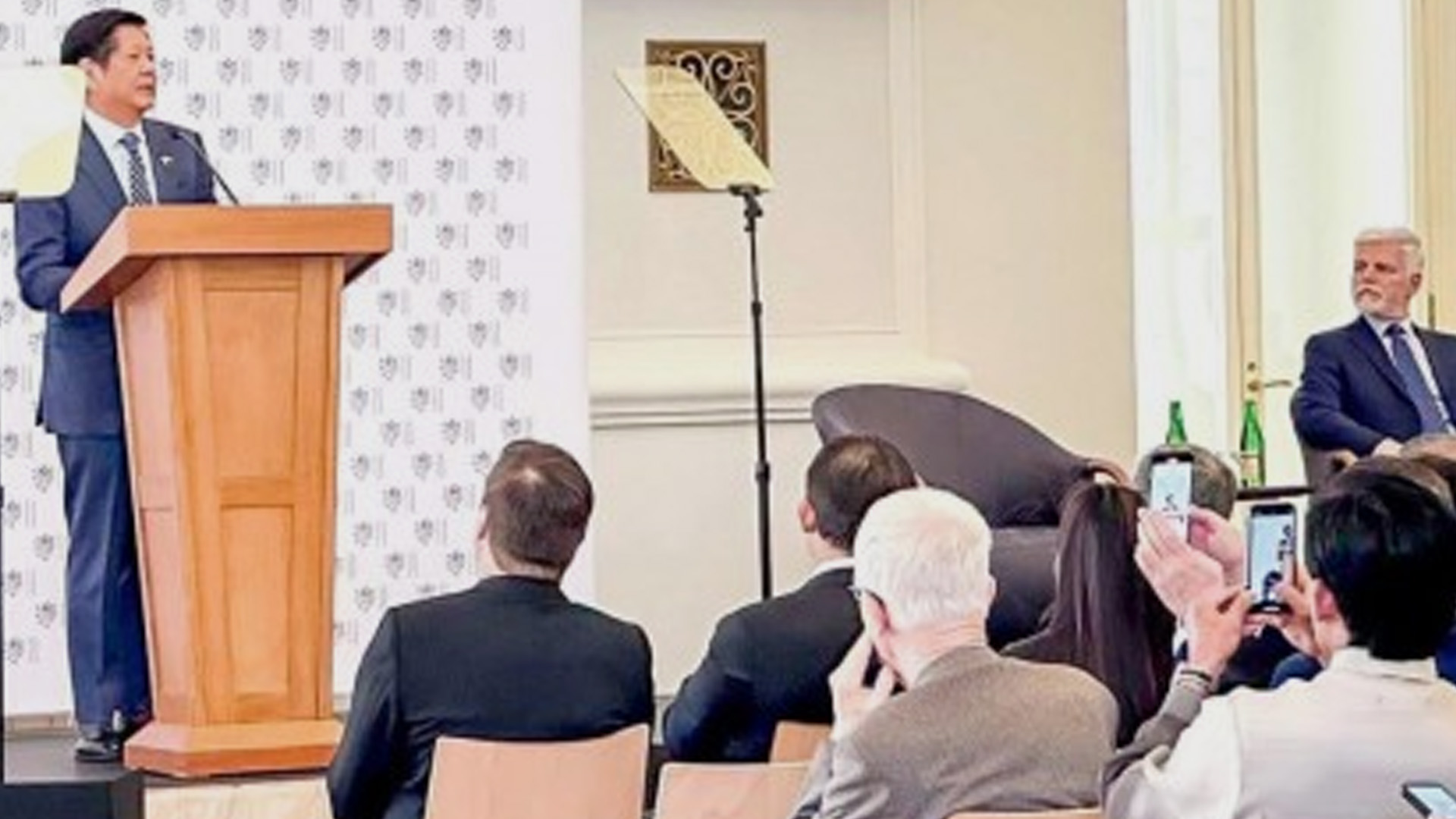The chairperson of the House Ways and Means Committee on Monday credited President Ferdinand R. Marcos Jr.’s “steady hand” in fiscal policy and economic policy for maintaining the Philippines’ strong investment outlook amid a volatile global economic environment.
Albay 2nd District Rep. Joey Salceda issued the statement as global credit watcher Moody’s Ratings has affirmed the “BAA2” investment-grade credit rating of the Philippines with a “stable” outlook.
“The global environment is challenging. High energy and food prices persist and overall sentiment is gloomy, especially with China’s slowdown and continuing challenges in Europe,” Salceda said. “And yet, the country’s prospects remain strong. This is in large part due to the President’s decisively pro-investment and fiscally responsible policies.”
Salceda said the proposed Corporate Recovery and Tax Incentives for Enterprises to Maximize Opportunities for Reinvigorating the Economy (CREATE MORE) Act is a “pro-investment” policy that is expected to further improve the country’s investment outlook.
CREATE MORE is the Marcos administration’s enhancements to the country’s fiscal incentives regime, with doubled tax deductions for power cost, longer incentive time frames, simplified tax and local business requirements, and a lower corporate income tax rate for registered business enterprises.
“We are also working with the President and the rest of Congress for reforms to boost the capital and investment markets. That will grow our base further,” he said.
Salceda also highlighted positive signs from the country’s growing balance of payments surplus, from USD62 million in June to USD 88 million in July, tamed inflation, and an on-schedule approval of the 2025 national budget.
“I’m sure we will get an upgrade in rating or outlook from one of the Big Three next year,” Salceda said, referring to S&P, Moody’s and Fitch.
In August, Japan-based Rating and Investment Information, Inc. upgraded its rating on the Philippines from the “BBB+” with positive outlook last year, to “A-“.
Salceda said Japan, as one of the Philippines’ largest lenders and investors, has a deep understanding of the country’s economic fundamentals.
“What the Japanese credit rating agencies seem to understand better than the Western credit rating agencies is that the Philippines never defaults on its foreign loans, it has an unbroken line of generally fiscally conservative finance ministers, and it holds the limits to fiscal deficit spending almost like a religious tenet,” he said.
He expressed confidence that the Philippines will be at the A-level ratings before the end of President Marcos’ term in 2028. (PNA)









